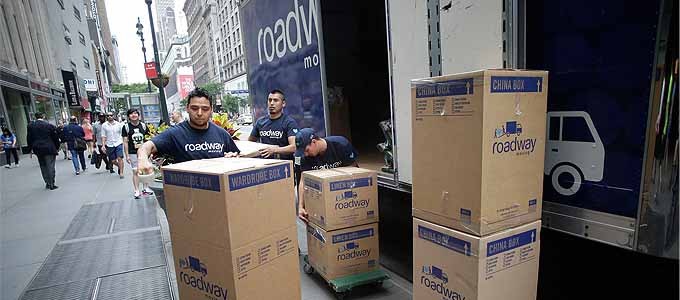States With No Property Taxes







Ready to dive into the wacky world of property taxes in the United States? Buckle up because we’ve got a comprehensive guide that’ll make you a bona fide property tax expert in no time!
First things first: property taxes are a way for local governments to fund important services like schools, roads, and emergency services. But did you know that no state in the United States is entirely free of property taxes? That’s right, folks – whether you’re living it up in Hawaii or freezing your buns off in Alaska, you’ll have to pay up.

But before you get too bummed out, there’s good news: some states have lower property taxes than others. According to Wise Voter, the states with the lowest property taxes are Hawaii, Alabama, Louisiana, and Delaware. These lucky ducks have an average effective property tax rate of less than 0.5%. Other states with relatively low property tax rates include South Carolina, West Virginia, and Wyoming.


On the flip side, some states have higher property tax rates than others. According to Investopedia, the states with the highest property taxes are New Jersey, Illinois, Texas, Vermont, and Connecticut. These guys have an average effective property tax rate of over 2%. Oof. Homeowners in these states may find that property taxes are a pretty hefty chunk of their overall housing costs.


So how exactly are property taxes calculated? Great question! Your local government determines the assessed value of your property, and can change over time as the real estate market fluctuates. The exact formula for calculating property taxes varies by state and even by municipality within a state. Still, in general, the formula takes into account the assessed value of the property, any exemptions or credits for which the property owner may qualify, and the local tax rate. The tax rate is typically expressed as a percentage of the property’s assessed value and varies depending on the local government’s budget needs and other factors.
It’s important to note that property tax laws and regulations can change over time, so it’s always a good idea to check with local and state government agencies or consult a tax professional to get the latest information on property taxes in a specific area. Additionally, homeowners in some areas may also be responsible for paying other types of taxes or fees related to their property, such as water and sewer service fees, trash collection fees, or homeowners association fees. These fees are typically separate from property taxes and may be billed separately.


Phew! That was a lot of information. But now you’re armed with the knowledge you need to tackle property taxes like a pro. Just remember to budget accordingly, check for any tax breaks or exemptions you might be eligible for, and remember to thank your local government for all the sweet services they provide with your hard-earned cash!















